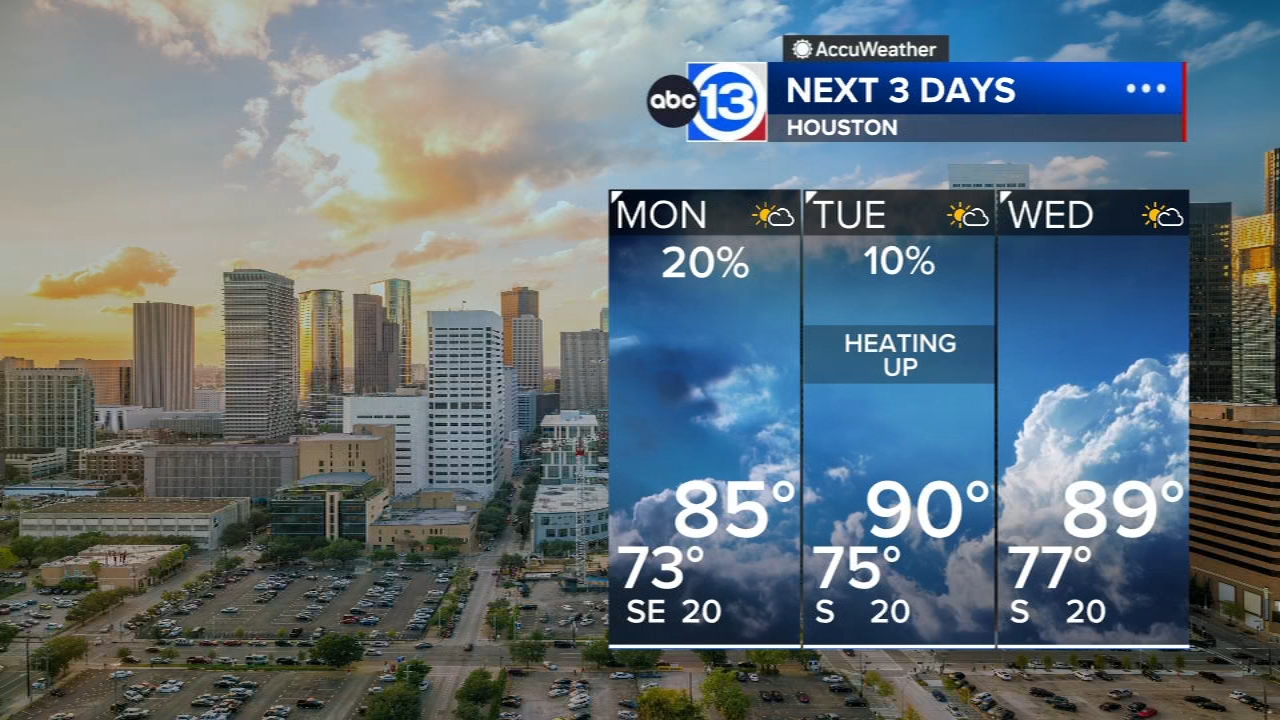Judge halts new Texas law that would erode cities' power to enact local rules
A sweeping new Texas law aimed at undermining the ability of the state's bluer urban areas to enact progressive policies is unconstitutional, a Travis County judge ruled Wednesday.
State District Judge Maya Guerra Gamble halted the law - House Bill 2127, which opponents nicknamed the "Death Star" bill - just days before it was slated to take effect on Friday.
The Republican-backed law aims to stop local governments from enacting a wide range of progressive-leaning policies by barring cities and counties from passing local ordinances that go further than what's allowed under broad areas of state law.
Local officials balked at the law's passage earlier this year - blasting it as a massive, vague and possibly unconstitutional power grab by the state that would prevent them from meeting local needs and needlessly disrupted how the state has operated for nearly a century.
Houston, later joined by San Antonio and El Paso, sued the state last month alleging that the law conflicts with a portion of the state constitution that allows cities to enact their own laws.
Houston Mayor Sylvester Turner released the following statement regarding the ruling.
"I am thrilled that Houston, our legal department, and sister cities were able to obtain this victory for Texas cities. HB 2127 was a power grab by the Legislature and an unwarranted and unconstitutional intrusion into local power granted to Houston and other home-rule cities by the Texas Constitution. HB 2127 was intended to mire large cities like Houston in endless litigation at taxpayer expense as cities and businesses struggle to discern what HB 2127 meant. As a former legislator, I am appalled by this assault on federalism and Texas cities.
Home-rule cities like Houston, San Antonio, and El Paso have long been the drivers of the State's vibrant economy. The Governor's and Legislature's ongoing war on such home-rule cities hurts the State and its economy, discourages new transplants from other states, and thwarts the will of Texas voters who endowed these cities in the Texas Constitution with full rights to self-government and local innovation. This self-defeating war on cities needs to end.
While Houston realizes our battle with the State is not over, I will do all I can during my remaining term to ensure that Houstonians govern Houstonians. I hope my successor will do the same."
The state is expected to appeal the ruling.
The law - carried during this year's regular legislative session by state Rep. Dustin Burrows of Lubbock and state Sen. Brandon Creighton of Conroe, both Republicans - marked Texas Republicans' most expansive attempt yet to neutralize local governments in a yearslong campaign against the state's major metropolitan areas, which account for most of the state's economic growth and often are governed by Democrats.
Gov. Greg Abbott and business lobbying groups, chiefly the National Federation of Independent Business, had long sought such a law - complaining of a growing patchwork of local regulations they argue overwhelmingly burdens businesses. Just how many local ordinances would become illegal under the new state law remains unclear owing to how broad it is, city officials and progressive groups have said. But there are some concrete examples.
The law, for example, prevents cities from passing local ordinances that require employers to provide paid sick leave to their workers - as Austin, Dallas and San Antonio have attempted, though courts blocked those laws before they could take effect. It would also bar cities from enacting protections for tenants facing evictions -at a time when the number of eviction filings in Texas' major cities exceeds pre-pandemic levels. And as Texas increasingly endures brutal summer heat waves, the law wipes out mandatory water breaks for construction workers passed by Austin and Dallas.
The law seems to be having the chilling effect that lawmakers intended. After it passed, San Antonio officials scaled back a proposed water break ordinance of their own.
"When you get right down to it, this law is anti-democratic," San Antonio City Council Member Teri Castillo said. "It takes the power and freedom away from everyday Texans who deserve to have their voices heard. And it directly contradicts the values that I know Texans hold true."
Even as local officials have increasingly pinpointed some of the ordinances that would become illegal, the true scope of the new law remains unknown. City leaders believe it will take several lawsuits to figure out which local ordinances can stay on the books.
The Texas Tribune is a nonprofit, nonpartisan media organization that informs Texans - and engages with them - about public policy, politics, government and statewide issues.
The video above is from a previous report when the City of Houston filed a lawsuit against Texas over the 'Death Star' bill







